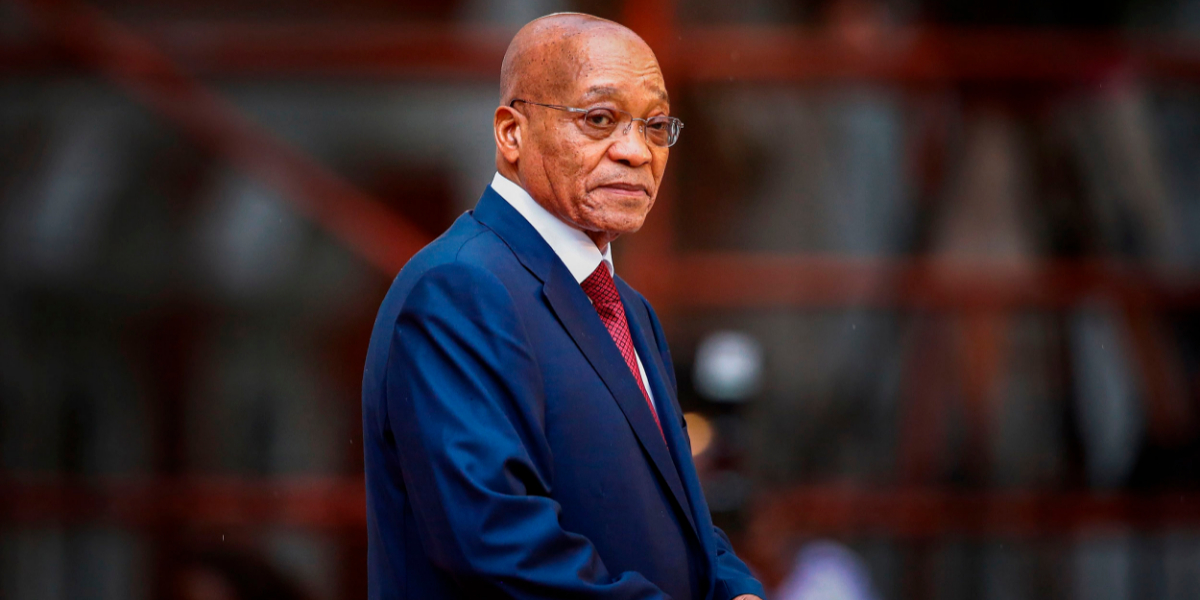
Ramaphosa estimates the corruption cost the country over $30b
Receiving the report current President Cyril Ramaphosa described the graft as an “assault on our democracy”.
The report was handed to Ramaphosa at his Pretoria offices by the head of the investigating panel and chief justice, Raymond Zondo, in a televised ceremony.
The pillaging and mismanagement of South Africa’s state-owned enterprises during Zuma’s nine years in office has been dubbed ‘state capture’.
“This report provides us with an opportunity to make a decisive break with the era of state capture,” said Ramaphosa.
“State capture really was an assault on our democracy, it violated the rights of every man, woman and child in this country”.
South Africa’s former president Jacob Zuma, accused of being a graft enabler, rubbished as ’unlawful’ and ‘full of gossip’ and plans to challenge sections of the report.
President Cyril Ramaphosa estimates the corruption cost the country more than $30 billion.
The last incriminating findings of a four-year probe into state corruption in South Africa during Jacob Zuma’s presidency were published on June 22, opening the way for potential criminal investigations.
South Africans call the web of corruption “state capture” because the organs of state were subverted to serve wealthy people and companies.
The web of corruption hollowed out state companies in the continent’s most advanced economy to the benefit of a few wealthy individuals and firms.
Zuma’s foundation spokesman Mzwanele Manyi told a media conference Zuma regarded the report as “unlawful and highly irrational”.
“It is predictably full of gossip, innuendo and conjecture. It is very short on concrete evidence,” said Manyi.
“The report is therefore a classical case of the fruits of a poisoned tree.”
Zuma set up the special probe panel himself, after a damning report by the national ombudswoman about corruption at state enterprises forced his hand.
The report accuses Zuma of being “a critical player” in the plan to pillage state firms through the Gupta family of business tycoons.
The Guptas allegedly influenced top government cabinet appointments, including those of cabinet ministers, and secured business deals with giant state-owned companies on wildly favourable terms.
Two of the three Indian migrant brothers who fled the country the same year the corruption probe started four years ago were arrested earlier this month in Dubai pending extradition to South Africa.
Zuma’s office said the corruption investigators “dismally failed to find evidence beyond innuendo and conjecture to prove” that Zuma had abdicated his executive authority to the Guptas.
The ex-president briefly appeared before the investigators, but walked out and refused to return to answer questions.
His refusal to testify prompted a showdown at the Constitutional Court, which ordered his imprisonment in July 2021 for contempt.
Zuma’s incarceration sparked riots in which more than 350 people lost their lives — the deadliest unrest of the democratic era in South Africa. He was released after two months on medical parole.
Zuma had been billed to address the press conference, but his lawyers said they had advised him at the last minute to not attend to avoid violating his parole conditions.
It took the investigation, led by the now Justice Raymond Zondo, nearly four years of hearing testimonies and reading through volumes of documents.
In more than 400 days of testimony, millions of pages of documents, and 300 witnesses, the inquiry incriminated 1,438 individuals and institutions, including Zuma.
According to Zuma’s office, the probe was “a toothless inquiry investigating a phantom thing called ‘state capture’”.
The media conference was held at a small hotel near Liliesleaf Farm, a historical landmark in northern Johannesburg that served as a secret headquarters and nerve centre of the then banned African National Congress, which led the fight against apartheid.
Nelson Mandela also hid at the farm disguised as a farm worker.
Background
From around 5,600 pages spread over six volumes, here are the highlights of the findings and recommendations.
Zuma set up the commission himself, after a damning report by the national ombudswoman about corruption at state enterprises forced his hand. In January 2018, he named judge Raymond Zondo to lead the inquiry. Zuma may have hoped the commission would ease pressure on him, but his own African National Congress (ANC) forced him to step down one month later to limit the damage to the party.
Hearings started in August 2018. In more than 400 days of testimony, millions of pages of documents, and 300 witnesses, the inquiry incriminated 1,438 individuals and institutions, including Zuma.
Zuma briefly appeared before the commission, but refused to return to answer questions.
The commission accused Zuma of being “a critical player” in the plan to hollow out state firms through the Gupta family of business tycoons, who employed his son Duduzane. Duduzane became the “conduit” in the graft scheme. Zuma “would do anything that the Guptas wanted him to do for them,” it said.
The ex-president fled the investigators “because he knew there were questions that would be put to him which he would not have been able to answer. This is the antithesis of accountability.”
Zuma’s refusal to testify prompted a showdown at the Constitutional Court, which ordered his imprisonment in July 2021 for contempt.
His incarceration sparked riots in which more than 350 people lost their lives — the deadliest unrest of the democratic era in South Africa. He was released after two months on medical parole.
ANC takes blame
The report concluded that Zuma and the ANC aided corruption which current President Cyril Ramaphosa estimates cost the country more than $30 billion.
“The ANC under President Zuma, permitted, supported and enabled corruption and state capture,” said the report.
It said if the ANC had not protected Zuma and he had been removed from office sooner, the Guptas would probably have fled the country earlier than 2018 — and would not have looted as much as they did.
“The ANC must take responsibility for this,” the report said.
For two days Ramaphosa testified before the panel, but was criticised for some of his “opaque” answers about what he knew of the corruption.
It also said he should have acted on a number of serious corruption allegations that were already public knowledge.
Had Ramaphosa “spoken out firmly” against corruption and wrongdoing, Zuma would have fired him, and that would have given hope to other cabinet members. “The option he chose did not prevent state capture from continuing,” the report said.
The commission recommends more than 130 individuals face criminal charges, including Zuma’s son Duduzane.
Suspended ANC secretary general Ace Magashule, already facing corruption charges over an asbestos-roofed housing project, is another.
Arthur Fraser, an ex-intelligence chief who this month accused Ramaphosa of wrongdoing, is himself on the panel’s list of suspects.
The investigators also recommended a raft of dramatic legal changes.
Catch all the Breaking News Event and Latest News Updates on The BOL News
Download The BOL News App to get the Daily News Update & Live News.





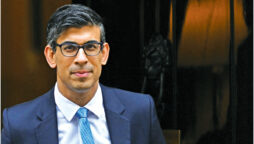
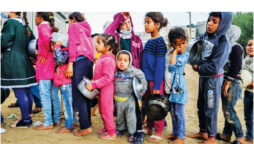
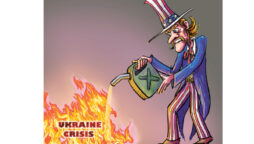
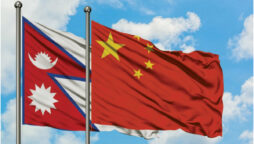
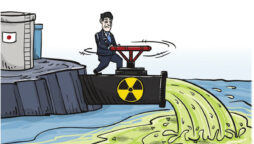

 Read the complete story text.
Read the complete story text. Listen to audio of the story.
Listen to audio of the story.